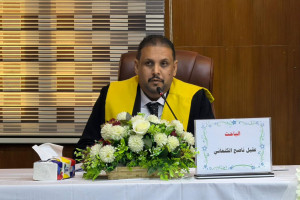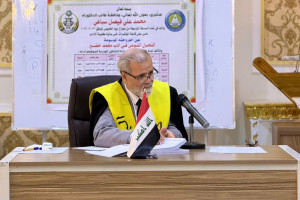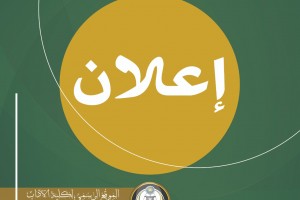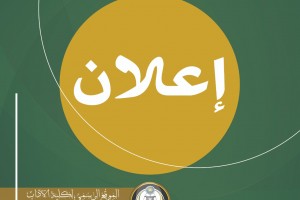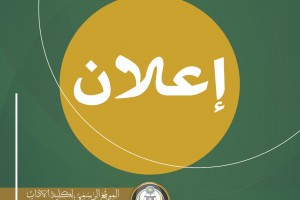

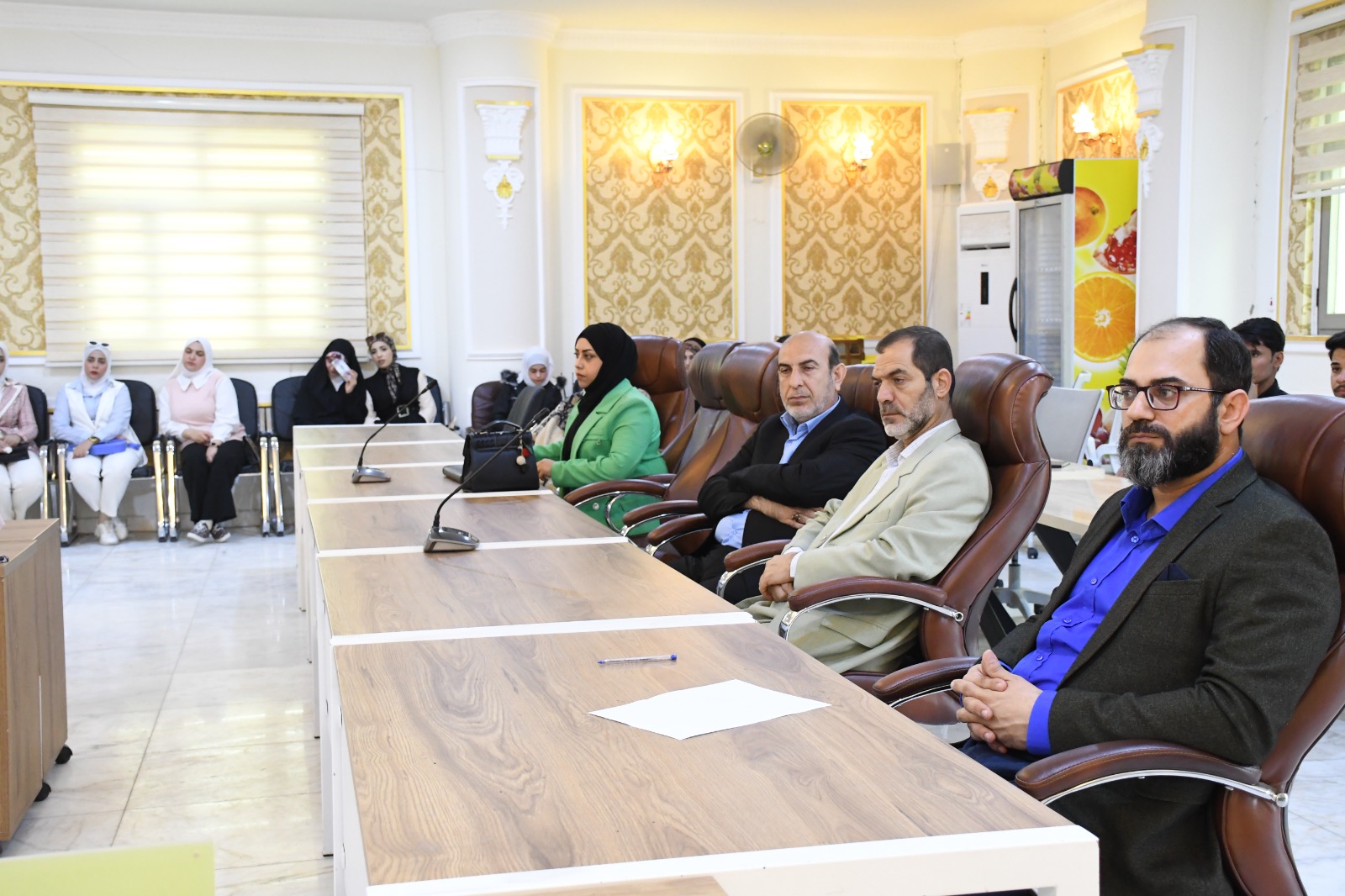
The Department of Philosophy at the College of Arts at the University of Basrah, in cooperation with the Continuing Education Unit, organized an intellectual seminar entitled (the challenges of applied ethics in matters of science and technology).
The seminar included three main axes. The first axis was entitled (Applied Ethics and Biopolitics, Concept and Practice in the Palestinian Issue), in which Dr. Nawal Taha Yassin presented the concept of biopolitics and its relationship to the authority of the modern and contemporary state as an authority concerned with life for the sake of regulation on the one hand and exclusion on the other hand, drawing on the knowledge produced by biological, biotechnological, demography and other sciences.
The political discourse of this authority employs scientific discourse that introduces the concept of races into the biological system of the human species and employs death through racism. Science gives enormous capabilities to aggressive political systems that enable the capabilities of their citizens to crush their opponents mercilessly, which is what Zionist biopolitics in Palestine relies on. The racism of this entity can be understood from the nature of the Zionist system and its policies through detention, displacement (spatial cleansing), ethnic cleansing, genocide... etc. These practices were formed under the guise of official moral standards related to human rights, and many philosophers and university professors stood up to demand human dignity for all.”
While Assistant Lecturer Amal Ali touched on the second topic (Biological Ethics), as she pointed out that one of the most important results witnessed in the modern era is the development of the natural sciences, specifically experimental medicine and biology, and on the other hand, considering the ethical component in scientific research an obstacle to the ambition of the mind, The scientific system has become dependent on moral neutrality, relying on (sensory experience, scientific connection, and the inductive method) under the slogan (there is no morality in science), and medicine and biology have turned a blind eye in many aspects to the moral component. The social repercussions of the absence of a moral component were addressed in both euthanasia, human cloning, and surrogate mothers.
As for the third axis, which was titled (Professional Ethics), the assistant teacher, Zahraa Abdel Baqi, pointed out the definition of this section of ethics as standards that control an individual’s behavior in society, and similarly in work, which is a set of behavioral and ethical rules that a professional must be characterized by in performing his job and bearing his responsibility towards his work. Sources of professional ethics include religion, laws, legislation, social customs, and socialization.


